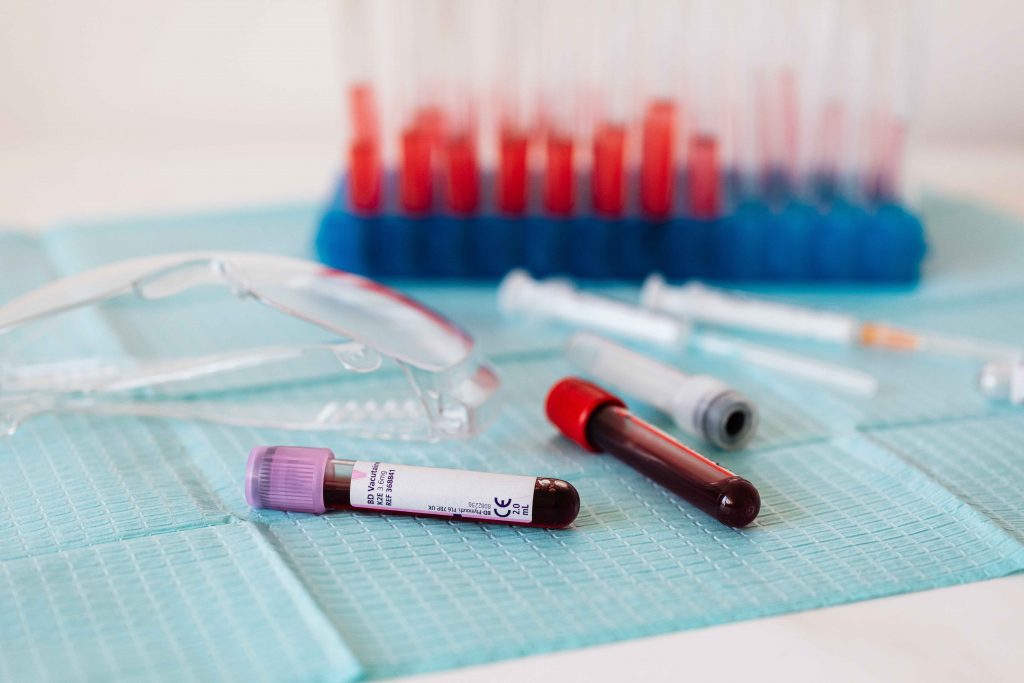Currently, cancer ranks as the second leading cause of mortality in the United States. Early detection of multiple cancers with a single blood test is currently a research area of active investigation. After a study revealed that a simple blood test could detect various cancer kinds in patients before they present noticeable symptoms that provide doctors to get ready for a new era of cancer screening. Galleri test is a multi-cancer early detection (MCED) test that aims to identify multiple types of cancer from a single blood sample. Because early identification of cancer improves treatment outcomes and survival rates, this test is regarded as a vital aid in the fight against cancer.
For those at high risk for cancer, such as those 50 years of age or older, the Galleri test is a revolutionary and potentially game-changing breakthrough in cancer detection. The Galleri test intends to alter how we think about the future of cancer screening by having the capacity to detect many malignancies and the possibility to move cancer diagnosis to earlier. In addition to identifying cancer, it also identifies its etiology. The primary goal of MCED screening test, also known as “liquid biopsy“, is to identify trace amounts of cell-free DNA (cfDNA) or circulating tumour DNA and protein biomarkers. DNA mutations, epigenetic alterations, and circulating tumour cells can all be considered as these markers. The test is extremely significant because 72% of cancer deaths result from cancers that are not detected through a routine screening method. It is highly recommended to employ the test in addition to standard cancer screening procedures as mammography, colonoscopy, PSA, and cervical cancer screening.
GRAIL, Inc. (California, USA), the firm that developed and funded the study, has recently made the multi-cancer early detection test available in the United States by prescription only, to supplement other, current screening procedures for breast, cervical, prostate, lung, and bowel cancers. Many of the malignancies that the test can detect do not have screening tests accessible, such as liver, pancreatic, and esophageal cancers, which are among the deadliest and where early identification could make a significant impact.
The use of blood tests for MCED has the potential to greatly improve the accuracy and accessibility of cancer screening, making it possible to detect cancer earlier and potentially improve treatment outcomes. By identifying cancer in its earliest stages and improving patient outcomes, the test seeks to increase the accessibility and efficacy of cancer screening. But it’s crucial to remember that these tests are still in the early stages of development, and further study is required to completely confirm their efficacy and clinical utility.

